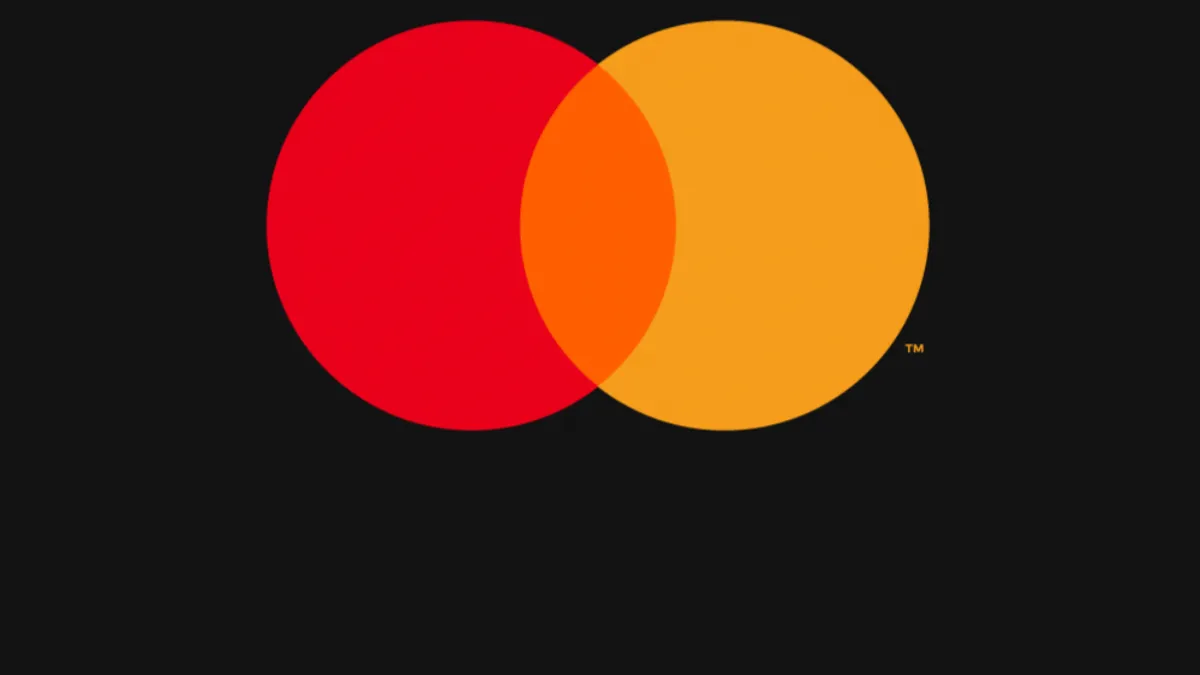Dive Brief:
- Mastercard is partnering with software provider R3 to "develop and pilot" a blockchain-powered platform focused on making faster business-to-business (B2B) cross-border payments, the companies announced Wednesday.
- The payment processing giant made a pair of moves this summer to boost its cross-border and blockchain profile. In July, it acquired Transfast, a payments company that boasted a cross-border network reaching 90% of the world's accounts. Mastercard last week joined Marco Polo, a consortium that uses R3's Corda blockchain platform with the aim of simplifying global trade through real-time connectivity and easier access to capital.
- Banks and payment companies are increasingly collaborating with fintechs to boost the speed of transactions.
Dive Insight:
"Developing a new and better cross-border B2B payments solution by improving worldwide connectivity in the account-to-account space is central to Mastercard's ambition," said Peter Klein, the company's executive vice president of new payment platforms.
B2B cross-border payments accounted for $125 trillion in revenues in 2017, research from SWIFT and McKinsey & Co. showed. The Society for Worldwide Interbank Financial Telecommunication handles much of that cross-border payment traffic. More than 500 banks have signed on to SWIFT’s global payments innovation initiative since it launched in 2016 with the goal of boosting transaction speed, transparency and end-to-end tracking.
But fintech payment processors and their promise of instant transfers have disrupted the market, prompting SWIFT to try to keep up with the speed of change. SWIFT this summer increased its transfer speed to 13 seconds, according to CoinTelegraph.
PNC Bank last month became the first U.S. bank to join fintech payment processor Ripple’s platform. Seven mobile payment services providers in Europe formed a network last week to ease cross-border transactions for 25 million users.
"All institutions — large or small — rely on the ability to send and receive payments, but all too often the technology they rely upon is cumbersome and expensive," R3 CEO David E. Rutter said Wednesday in a statement.
Global B2B payments have the thinnest margins for service providers of any payment category, at 0.1 percent, according to PYMNTS.com. That figure is 6 percent for peer-to-peer payments.













